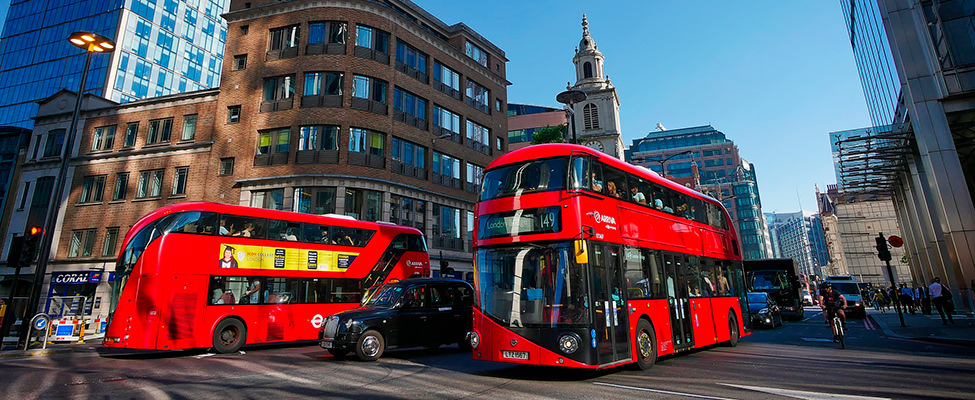5 Myths about English in London
English spoken in London is a complicated affair, but is fascinating in its ever-shifting forms. Let’s take a look at some entrenched beliefs.
1. Everybody speaks the Queen’s English.
Arguably the Queen’s English does represent a standard form of British English known more technically as Received Pronunciation (RP). This accent has been a prestigious form, spoken by the upper classes and for anyone aspiring to “better” themselves.
However, 21st-century Britain has witnessed a decline in this accent, with some sociolinguists claiming it is only spoken by about 3% of the population. While characteristics of Received Pronunciation align most strikingly with other accents spoken in the south and south-east of England, in a reverse of fortune, its prestigious status has taken somewhat of a knock and is now considered by many as sounding stuffy and elitist.
2. BBC English is the one to learn
What better way could there be to get a glimpse of English than to tune in to the BBC? In a similar vein to “the Queen’s English”, until the turn of the century, you could regularly hear an RP accent on nationwide serious programmes, such as the news, as well as with the continuity announcers. But in tandem with the decline in use of this accent, the same range of programmes are now fronted by speakers representing the UK’s rich variation of accents.
So to say that you want to learn BBC English is to say very little. Which BBC English do you want to learn?
3. If you live in London and don’t speak English like the Queen, then you must be a Cockney.
A popular dialectical form of English does still survive in London. Traditionally perceived as an accent of the working classes who lived near enough to hear the Bow bells (a church in East London), it has a notable set of phonetic characteristics, but is more famous for its “secret” language knowing as rhyming slang; an alternate world of simple words substituted for complicated rhyming couplets.
Now for some truths. It is a thriving accent but is spoken by many regardless of their birthplace, and for whom most would have grown up anywhere in the London area. But it’s not an either/or situation: RP or Cockney. These days, many people living in the Greater London area, speak a “weaker” form of Cockney, perhaps using less rhyming slang than their Cockney neighbours. This form has been labelled as Estuary English. Others meanwhile speak something closer to RP, but with a few traces of Cockney blended in, and could be described as speakers of Standard Southern English.
4. English in London is the Englishman’s English
Wrong. As a diverse cosmopolitan city, attracting people from around the world, it is very common to come across forms of English that do not have their origins on UK soil. Waves of immigration from the Caribbean and south-east Asia witnessed native speakers of English settle in London and continue to use their form of English. Varieties of Indian English, Jamaican English would fall under this category. The second generation of these families born and bred in the UK would often acquire the accent of their local peer group, sounding as authentic a Cockney as the boy next door whose family had lived for generations in Bow.
Then you have a wide use of English as a lingua franca. Competent speakers, but nonetheless non-native speakers from every country imaginable use English every day to achieve their goals and aspirations as anyone else would.
So what is authentic English in London these days? Go figure!
5. English in London is basically the same as “British” English everywhere else.
Whether you speak the Queen’s English, Estuary, English, Cockney or some blend of all of these, it doesn’t mean that English is spoken in the same way across the United Kingdom. While it is true that most native speakers from the UK can easily understand and identify another regional accent from a different part of the country, there are many local accents which provide a rich and interesting reality of the way English is actually spoken. There is really no such thing as “British” English. Someone born in Edinburgh will have a different accent to those born in Belfast, Cardiff or London. While the vocabulary and grammar is largely the same all over the UK, our tiny nation is home to many local accents. So the next time someone asks you if you are studying British English, ask them: which one?!

